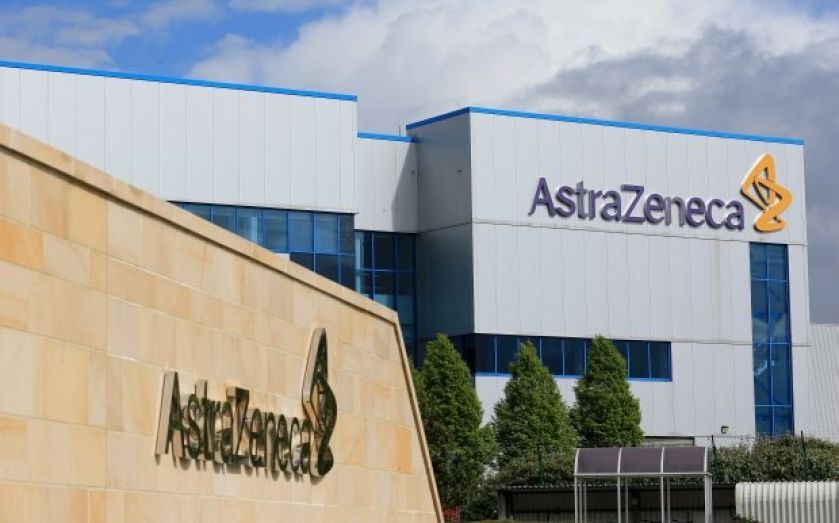Why a successful Pfizer bid for AstraZeneca isn’t completely off the table

The rejection of a £55-a-share offer by Pfizer for AstraZeneca has led a few market watchers to suggest that any chance of a deal has now evaporated.
But while AstraZeneca shares have fallen, by around 14 per cent, stock in the pharmaceutical company hasn't settled back to where it was before Pfizer's initial approach.
It seems unlikely that AstraZeneca became significantly more valuable during this period. The company's chief executive, Pascal Soriot, has even complained that talk of a takeover may distract from drug development.
So why have shares not returned back to their pre-bid level? The premium suggests all hope is not lost, and it seems that investors have not given up on the possibility of a successful Pfizer approach.
Comparing the current share price of AstraZeneca and its likely value if a deal was successful gives us a guide to how likely the market thinks a bid could be. With AstraZeneca shares at 4,166p, assuming a deal would take 18 months to complete and a five per cent discount rate, the probability of a successful bid at this stage looks something like 16 per cent, according to a Reuters calculator.
AstraZeneca chairman Leif Johansson himself has said that he has "no idea" if the rejection of Pfizer's offer means the deal is dead. Given that Pfizer labelled their most recent offer as "final", they won't legally be able to make another bid for at least six months, under Takeover Panel rules.
Peter Garnry, head of equity strategy at Saxo Bank, notes that "there is rarely a fourth attempt to dance in a takeover bid", and as such he now sees the possibility of a deal as "very low". Saxo sees "limited efforts from Pfizer going forward" as shareholders are unlikely to appreciate a fourth attempt.
Shareholders might be able to pressure the AstraZeneca board into changing its mind, something that some investors still seem to expect.